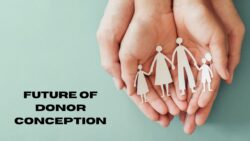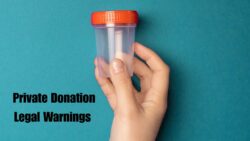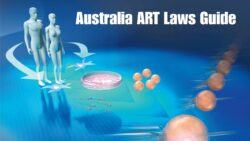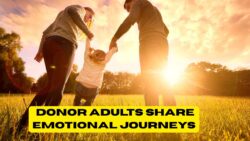Building Connections – In recent years, DNA testing and online support groups have transformed how donor conceived people connect with their biological roots. These tools empower individuals to discover genetic relatives, understand family histories, and form meaningful bonds that were once impossible to trace. Beyond curiosity, this process offers emotional healing and identity affirmation. With advancements in DNA matching and growing global communities, donor conceived people in Australia and around the world are now finding biological siblings, donors, and extended family members — creating new definitions of what family truly means.
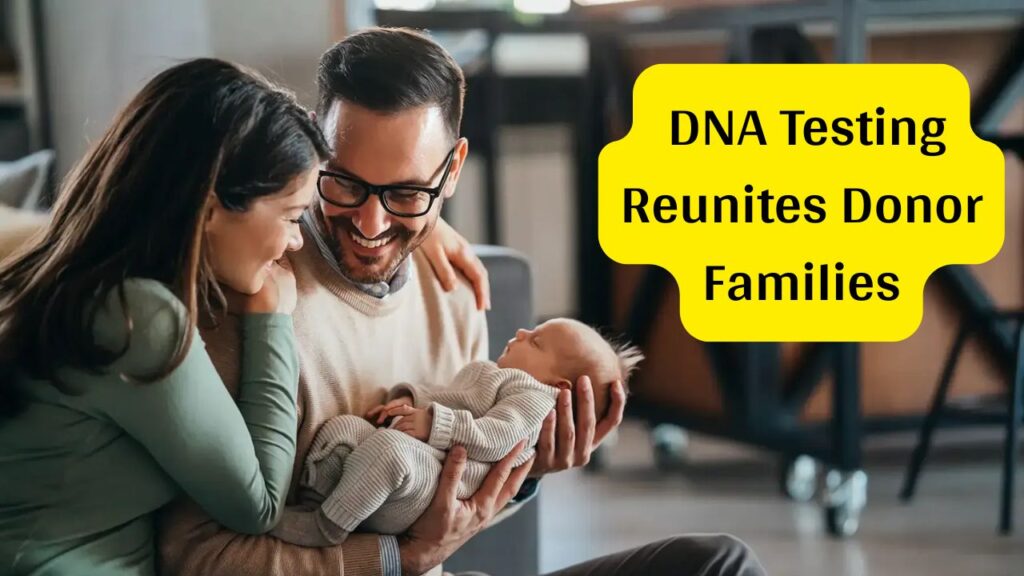
Finding Biological Connections Through DNA Testing
DNA testing platforms like AncestryDNA, MyHeritage, and 23andMe have revolutionized the way donor conceived individuals trace their origins. These tools help match people with shared DNA segments, identifying possible biological relatives with astonishing accuracy. For many donor conceived Australians, testing reveals siblings, cousins, or even their donor — unlocking long-hidden family stories. While each discovery is deeply personal, it also encourages open discussions about donor conception transparency, the right to genetic identity, and emotional well-being. The journey often brings both answers and new questions about identity, connection, and family heritage.
Support Groups and Donor Networks in Australia
Support groups like Donor Conceived Australia (DCA) and international donor registries play a vital role in connecting individuals who share similar experiences. These platforms offer emotional support, advocacy for legislative reform, and education for donor conceived people and their families. Many people use Facebook groups, community meetups, and DCA’s online resources to share stories and advice. These support networks are safe spaces to discuss complex feelings, from joy and relief to confusion or anxiety. By joining such communities, donor conceived individuals find solidarity, guidance, and empowerment through shared understanding and compassion.
| Platform/Group | Focus Area | Benefits for Members |
|---|---|---|
| Donor Conceived Australia (DCA) | Support & Advocacy | Connects donor conceived people across Australia |
| 23andMe | DNA Testing | Finds genetic matches and ancestry insights |
| MyHeritage DNA | Genealogy Research | Helps identify relatives worldwide |
| Facebook Support Groups | Community Interaction | Emotional and peer support for members |
| International Donor Sibling Registry | Donor Sibling Matches | Connects siblings born from the same donor |
Emotional Impact of Discovering Donor Families
For donor conceived individuals, discovering biological family members can be life-changing. Many experience a mix of excitement, joy, and even grief as they process newfound connections. Understanding one’s genetic identity often fills emotional gaps left by years of uncertainty. Some use these discoveries to strengthen family ties, while others approach them with caution and curiosity. Support from therapists, peers, and advocacy groups helps navigate these complex emotions. Ultimately, finding donor families can bring closure, connection, and a renewed sense of belonging that positively shapes one’s identity and mental well-being.
The Role of Genetic Counselling in Donor Conception
Genetic counselling provides donor conceived people and their families with professional guidance during DNA testing and family discovery. Counsellors help interpret test results, explain genetic links, and offer emotional support when complex relationships emerge. In Australia, many fertility clinics now encourage genetic counselling to ensure individuals are emotionally prepared for outcomes. This professional guidance promotes understanding, healthy communication, and informed decisions about reaching out to genetic relatives — making it an essential part of modern donor conception journeys.
Frequently Asked Questions (FAQs)
1. How do donor conceived people find their biological families?
They often use DNA testing services and online registries that match genetic relatives based on shared DNA.
2. What role does Donor Conceived Australia play?
It provides advocacy, community support, and education for donor conceived individuals and families across Australia.
3. Is DNA testing accurate for identifying relatives?
Yes, modern DNA tests are highly accurate in identifying close relatives and family connections.
4. Why is emotional support important during this process?
Discovering biological relatives can trigger complex emotions, so support helps manage expectations and emotional well-being.

